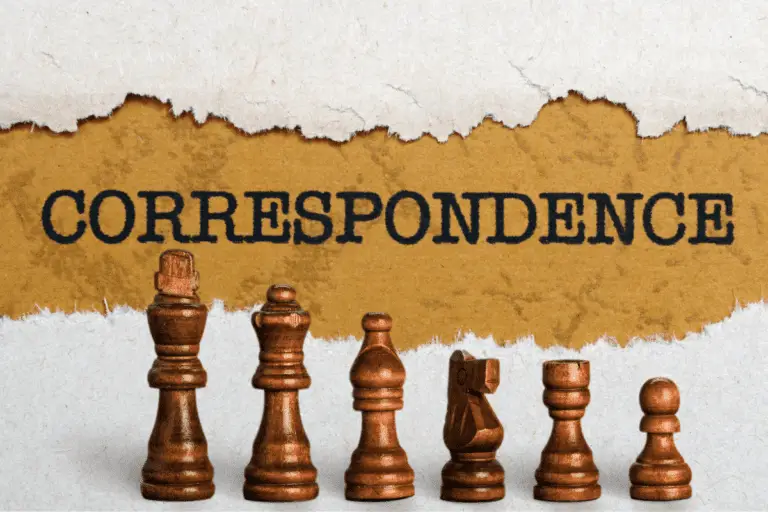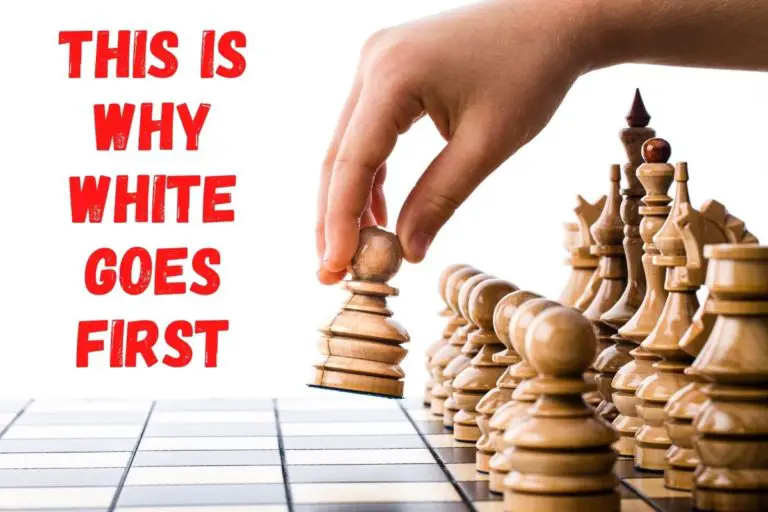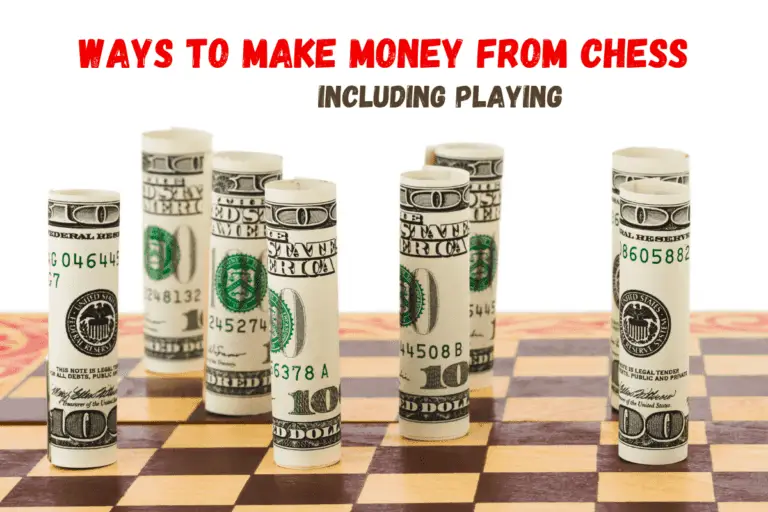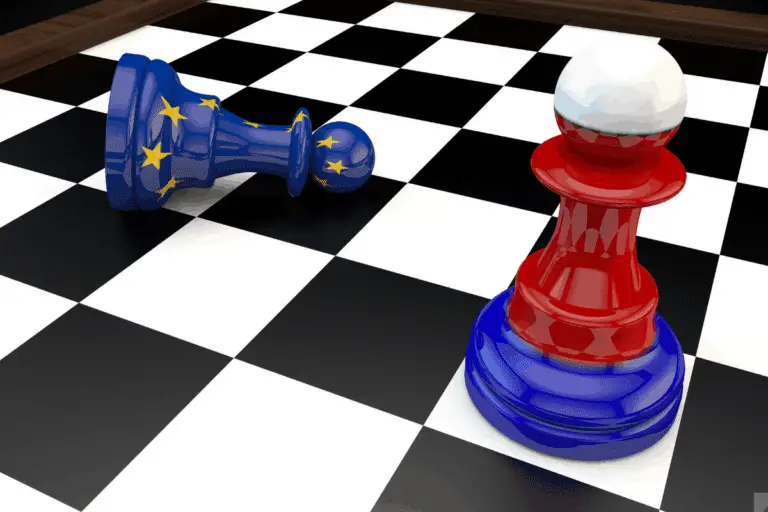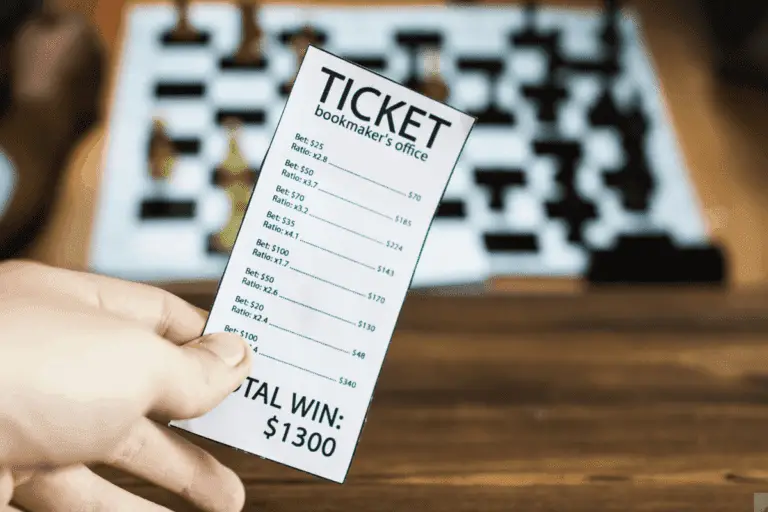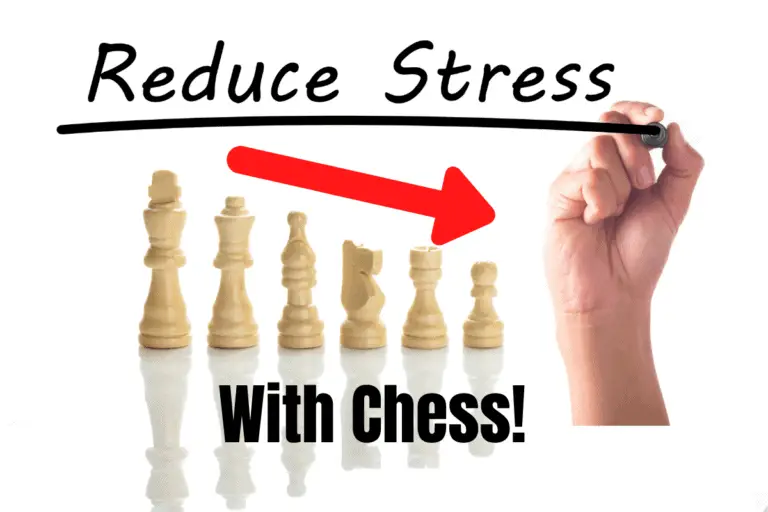Peak Age for Chess – And When To Expect to Get Worse
⭐⭐⭐ Take 6 minutes to read and improve your chess game ➡️ : This article was first published on, and is Copyright of Chessquestions.com
The question at hand: do chess players get worse with age? It seems as if many people think they do. The reality is that the answer to this question is not a simple yes or no. As we will see, there are many factors involved in maintaining chess ability. In this blog post, I will explore some of these factors and examine whether chess players get worse with age or not.
Research would suggest that after a peak of ability between ages 28-38 chess players’ ability will lessen over time, deteriorating at a faster pace the older a chess player becomes. There are exceptions with some Grandmasters holding form into their 50’s but they are rare.
This is not the whole story as we will discover with a study suggesting that the real peak for a chess player comes at age 21.
Understanding when players can peak in their games, what influences the overall quality of their games, and how they can ensure they never lose focus with normal brain activity will always be a big part of when they start declining. There are many things that you need to know about the world of chess to understand why players get worse with age, many of which will help you understand why it is vital to playing the game for as long as possible.
At what age do chess players peak?
This is a question that has such a wide range of answers as to generally be inconclusive, the general answer bandied about is that players reach a peak between the ages of 28 and 38, however, it has been shown that this figure is flawed due to the player samples used
The Reason There is a Difference of Opinion in Peak Chess Playing Age is Data
The consequences of aging on the chess skills of competitive players have been one concern in studies conducted over the years. One study from 2015 entitled “Selection and the age – productivity profile. Evidence from chess players” printed in the Journal of Economic Behavior & Organization provided some unique insight hen taking into consideration older players who were no longer competitive having retired, as it were, due to lesser playing skills.
In including those older players that had stopped playing, it accounted for all older players rather than just those that considered their skills intact sufficiently t continue competing, and the result of this was finding the actual peak of chess-playing abilities reduced to a mere 21 years of age!
It has long been accepted that chess players tend to peak in their early 30s and before their 40th birthday as this is the age range that people reach the peak of their cognitive activities function.
However, the 2015 study falls nicely in line with the average age of new grandmaster falling year on year.
Grandmasters are Getting Younger
Ironically enough after the chess rating title of a grandmaster was introduced after 1950 the average age of grandmasters has been declining, starting at 26 years old for those born after 1945, while those born after 1990 have an average age of 18 and a half years.
This is why you continually hear people boast about being chess grandmasters at younger and younger ages, which is not as uncommon as many people think it is.
Therefore it is, these days, more impressive to be given the title of chess grandmaster after you have reached the age of 30 than it is when you are young.
Many players aim to become a grandmaster as fast as possible, which has greatly influenced the overall decline in average age and the competitive strength of Junior chess.
The Oldest Person to reach Grandmaster Level was 85
The oldest person to ever become a chess grandmaster is Jacques Mieses at the age of 85, he received the title in 1951, only one year after the title was created. This is heavily influenced by the fact that the title did not exist until 1950 and as such there was a need to award already existing masters of the game the title.
There are a lot of challenges that people currently face, as they need to become grandmasters before their bodies start degrading and their minds becoming slightly slower. It has to be remembered that when trying to get the title of grandmaster you would have to compete in chess games against others trying to get the title. Usually, this means that older people are a lot less likely to win the title simply because their reflexes are not at their peak and that the other players can think just a bit faster.
Usually, older grandmasters have been awarded their titles not because they competed in a tournament and won, but because they competed in a tournament a long time ago and should have won. The world of chess is as competitive if not more than any other sport and many people would go to great lengths to be given the title of grandmaster.
Who is the youngest person to become a grandmaster?
The youngest ever grandmaster Sergey Karjakin was given the title in 1990 at the age of 12 years and 7 months and hails from Ukraine. He is considered by many to be a super grandmaster and has been active in the world of chess since he won the title. Many have tried to beat this achievement and have failed, and as a result, Sergey Karjakin has kept the title for more than 30 years.
Coming in a close second is Gukesh D from India, who won the title in 2006 and was only 12 years, 7 months, and 17 days old. The close age to Sergey has caused many of the world, super grandmasters, to have their age measured to the exact days of their age, causing many to be unsure if the title of youngest can ever be claimed by someone younger.
In the last 30 years, there have been so many young grandmasters that it is impossible to all those under the age of 20 on a shortlist. While the title still holds some high regard, it should not be confused with the levels of getting a Nobel prize, as it is a pure measurement of trainable skill that anyone on earth can technically achieve given time.
Chess Players get Worse With Age Because it is Natural
It is natural for those who grow older to become worse, with many players seeing their chess ratings slide as they age. Naturally, this happens because people are not able to stay competitive at chess once they are unable to maintain the ability to be victorious in gruelling chess matches; losing tournaments rather than winning them when against equals.
Grandmasters do learn how to play all of the great games and moves if they continue to stay active in the world of chess. This is because they are much more likely to be required to reside over tournaments from around the world, ensuring that new children that are competing can become grandmasters as they move through the tournament.
You will rarely see grandmasters competing in tournaments after a certain age, this is usually because they are aware of the challenges they may face when competing. As they are unable to think as fast, move as fast, or react as fast they are much more likely to lose owing to the rule set out by the game, with a time limit and move limits.
It Remains Excellent Brain Excercise to Play Chess into Old Age
Despite not specifically being better at the game as you start to age many people love playing the game of chess as they get older and older. Playing chess for your entire life is a good way to ensure that your brain stays healthy and active, intricately linked with helping people prevent dementia and Alzheimer’s. Chess may not be something you will be perfect at playing when you become older, however, it is a great way to ensure that your mind stays healthy and active.
Usually, at the first signs of mental faculty decline, mental activities are encouraged, and playing chess and other mind games are considered helpful.. The type of exercise that the game gives the brain is a perfect way to help prevent many, many issues that are associated with the brain. A large number of people across history have shown that it is not only healthy for the brain to play the game but great at reducing the risks of cognitive abilities function decline.
When you get the chance to play chess, the earlier you can start playing on the regular the healthier it will keep your brain. Many grandmasters never face any significant decline in their mental capacity or playing strength as they become older. The years of constantly flexing their mind and strengthening it means that they can comfortably rest in knowing that dementia or Alzheimer’s are not likely to happen.
Conclusion
Chess players naturally get worse as they age, this is not because they are not training enough, but simply because their minds start to decline after a certain age. It is entirely normal for people that your mind becomes a bit slower and relaxed as you become older, which is why most grandmasters are younger than most people would think.
Whatever you do, just be aware that you might be outplayed by someone 10 years your junior any time of the day!

